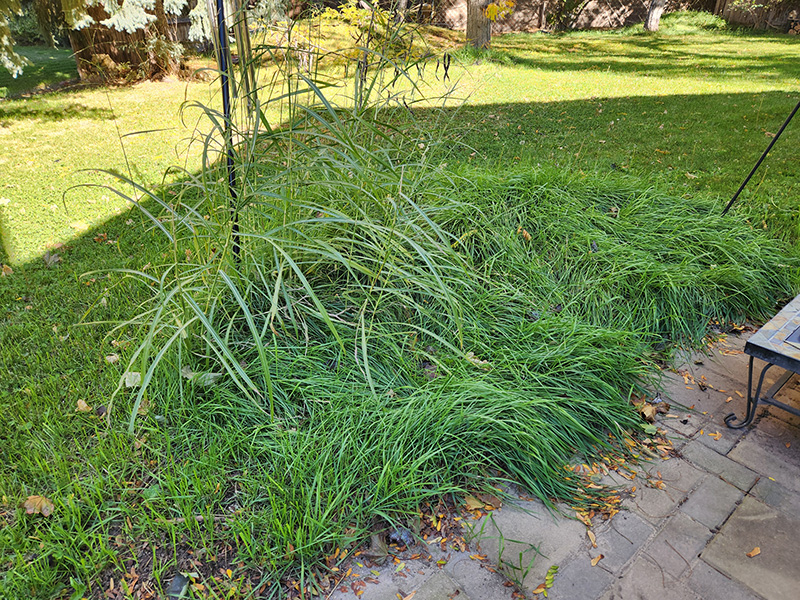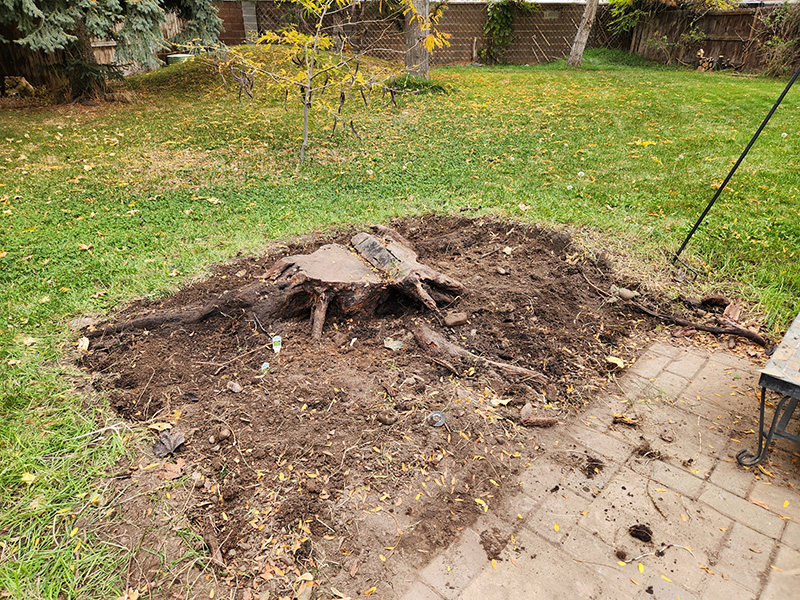A Month of Outflow
I am in a month of outflow. Time, attention, decisions, energy all pour from me in service of contracts I chose. I have to remember that it was a choice when I wash up empty in the evenings, when I wake up wondering what resources I have to offer the day. I am so fortunate to be drained by things I chose rather than by burdens that landed on me.
This does not stop the outflow from being terrifying. I feel the strain of it and know that this pace will drain me dry if continued for too long. Already I am reaching for emergency resources to keep things going. But I can see the end from here.
In one week I teach at a conference. (LTUE) This will be exhausting and replenishing. To be present at the event I will have to ignore all other urgencies. Sometimes it is nice to narrow my focus to Here and Now. I will get to teach, to breathe out and contribute. I rarely get to know exactly how teaching impacts the world, but on occasion I’ve been told how something I said was taken in by a person who transformed themselves as a result. The transformation is theirs, but I got to participate in a small way, and that is a wonder. It is work worthy of an expenditure of energy.
In two weeks I will focus on my computer, preparing for another in-person conference and preparing for an online fundraiser. I will organize, and write, and build spreadsheets. I will carry an administrative load of small decisions. I will try to find moments to remember why all of the admin is worthwhile, what it connects to, the purpose it serves. When I cling tight to the purpose, it reminds me that I am glad to spend the effort.
In Three weeks I will hold a space that I have organized and planned. A convention hall will be set up according to a map that I made. People will flow into the building to set up small shops in the spaces I assigned to them. I will walk among them providing information and solutions. Inside the space I organize and hold, hundreds of people will feel joy and frustration, will buy and sell, will share the love of stories. And then it will all be dismantled to vanish away. In the emptiness after, I will know that this was an exhaustion I chose for a good purpose.
In four weeks I will launch an online fundraiser and tend it for four weeks more. Bringing in support and resources that will sustain a small group of dedicated staffers who reach and read and support and publish. Every month they create a magazine. Their effort flow and expense flow is constant. My effort on their fundraiser creates a much needed inflow for them. It is work worth doing.
After four weeks, I only have one ongoing contract instead of three. I will be able to return to my own words and projects.
I need to remember that the work of after is different, but also an outflow, which is why I’m spending words today reconnecting each effort to its purpose, remembering why I chose this. When I do that there is an inflow attached to the expenditure. In a month like this one it is clear to me that I cannot wait until “after” to rest. I have to claim rest daily. I have to remember the Why of the work regularly. I need to spend effort now to make sure I have rest later.
Onward into the breach.
A Month of Outflow Read More »









